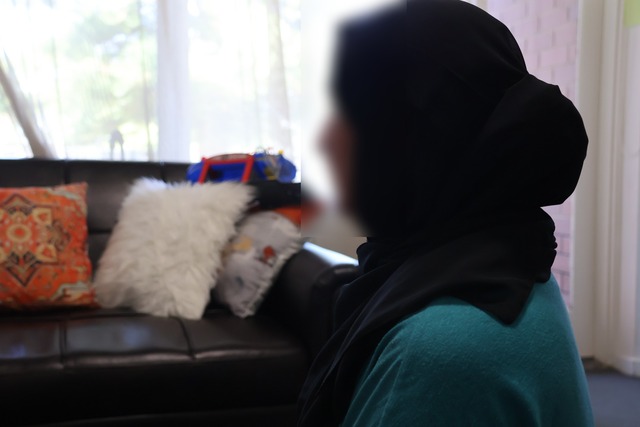The rise in the number of family violence reports in the Yarra Ranges may come as a shock to the community, but for police, it’s actually a positive step forward.
“Victoria Police measure family violence on reports, and we’re deemed to be successful if the reports are going up,” Eastern Division Two Superintendent Steve White told the gathered community members at the Neighbourhood Policing Forum on Wednesday 12 November.
“So the more people are reporting family violence, the better we are, the more breaches of intervention orders that the police make, when someone reports that a perpetrator is on the property when they shouldn’t be. That is deemed to be a good statistic.
“We actually want people to report family violence, and we want to breach people, which sometimes means they’re remanded in custody if they breach the family violence order.”
For the last financial year, the Yarra Ranges recorded 2041 family incidents, up from 2018 the year previous, and 1237 breaches of family violence orders, up from 1010 the year before.
Detective Inspector Troy Andrews, who was in charge of the Croydon Family Violence Unit for seven years, now manages the Yarra Ranges Crime Investigation Unit.
The family violence unit, Det Inspector Andrews said, has a specific focus on higher-risk perpetrators “to prevent serious injury or death”.
“The goal is to disrupt high to extreme risk offenders, pro arrest, pro remand,” he said.
The team of three detectives, a detective senior sergeant, three detective sergeants and 12 detective senior constables, on average, deal with and assess 400 family violence reports each month.
Uniform officers respond to and manage the majority of family violence incidents, but these cases can be escalated to the specialised unit should that be required.
For low to medium risk offenders, Det Inspector Andrews said police officers engage key stakeholders and support services for intensive case management to “reduce the recidivism”.
“Victoria Police’s response to family violence has evolved faster than anything else has in our organisation’s 160-year history,” he said.
“Everything is victim-focused. Everything’s about supporting AFM, who is the victim or affected family member, and holding the perpetrators accountable.”
Det Inspector Andrews said when charges cannot be laid for several reasons, whether because of insufficient evidence or a victim doesn’t wish to, police will use other means to ensure the affected person is safe.
“The very nature of family violence means often there’s not an ability to charge someone, but we still have the ownership of keeping them safe,” he said.
“So we do that by certain tactics, such as we might get an intervention order that bans them from a local government area.
“For matters where we know people are committing high-end family violence, and a victim may not want to press charges, we essentially will start intensive monitoring of those people using overt and covert methodologies…we find other ways to hold them accountable for their actions.”
Someone who is regarded as high-risk will be managed by the Family Violence Investigation Unit for a minimum of three months, sometimes for up to 12 months, or until the risk is mitigated.
When other factors may be contributing to the violence, like mental health, alcohol or drug use, or, as one community member addressed, gambling, Det Inspector Andrews said the appropriate service would be engaged to help both the perpetrator and the victim.
“We also make sure we focus on the people who vicariously live the trauma of that, so the support agencies, and where we can, we provide support for extended family and friends, who also bear the brunt of what’s going on when they support them.”







